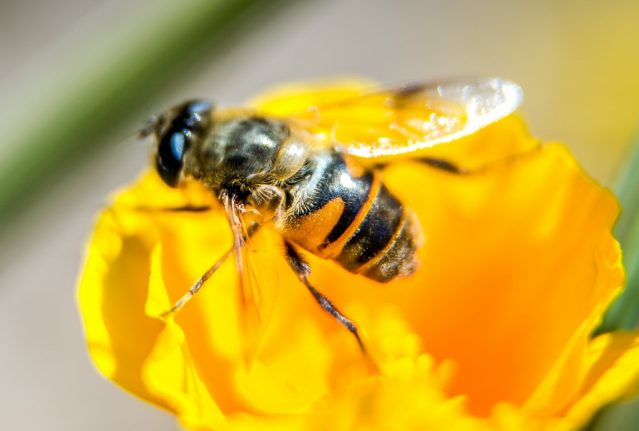- Paris: Rooftop hives on the rise amid efforts to preserve honeybee population
- France rolls out ban on bee-killing pesticides
 Photo: AFP
Photo: AFPAlarmed French beekeepers and farming groups warned on Tuesday of a "catastrophic" honey harvest this year due to adverse weather.

 Photo: AFP
Photo: AFP
Member comments